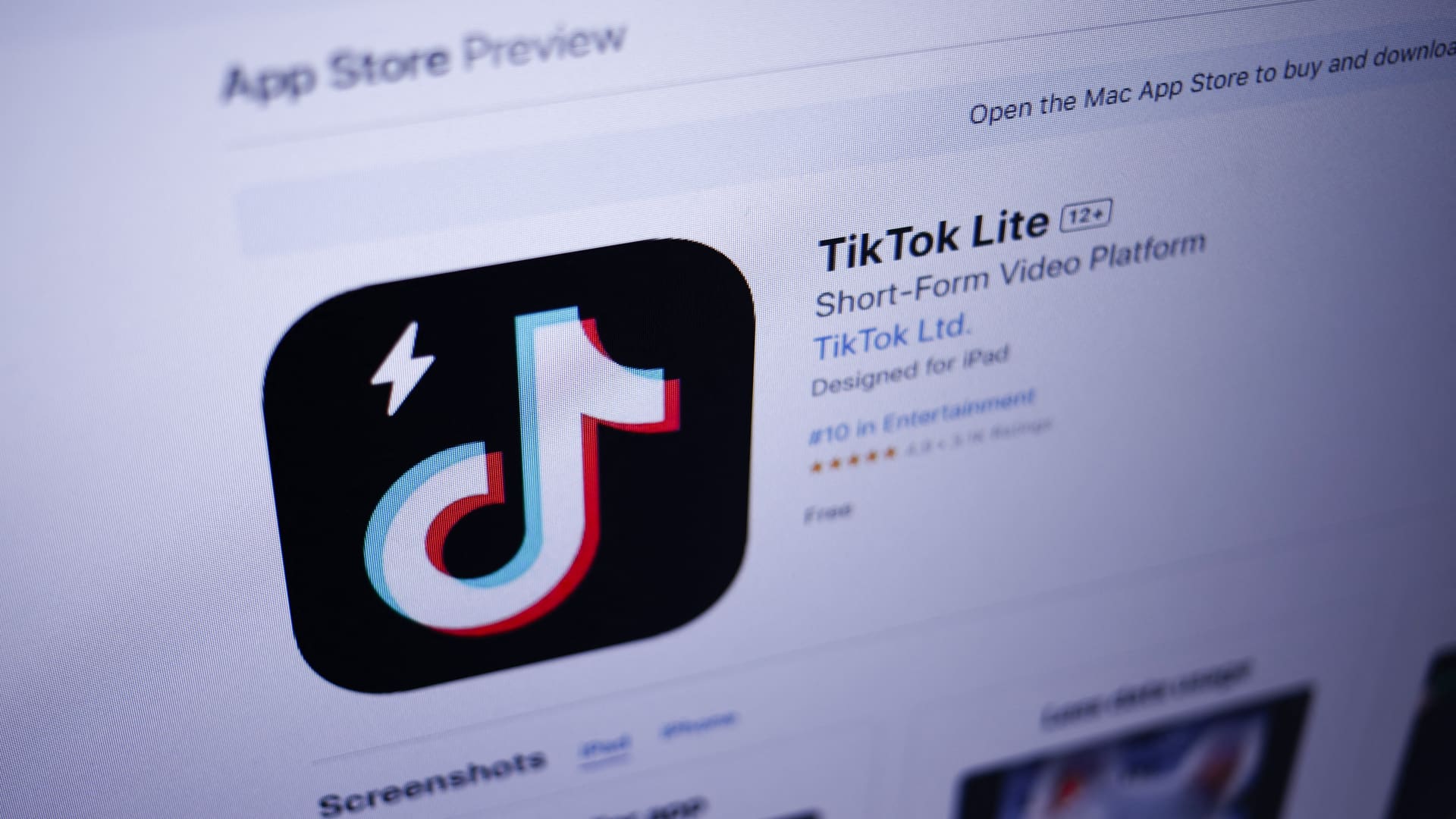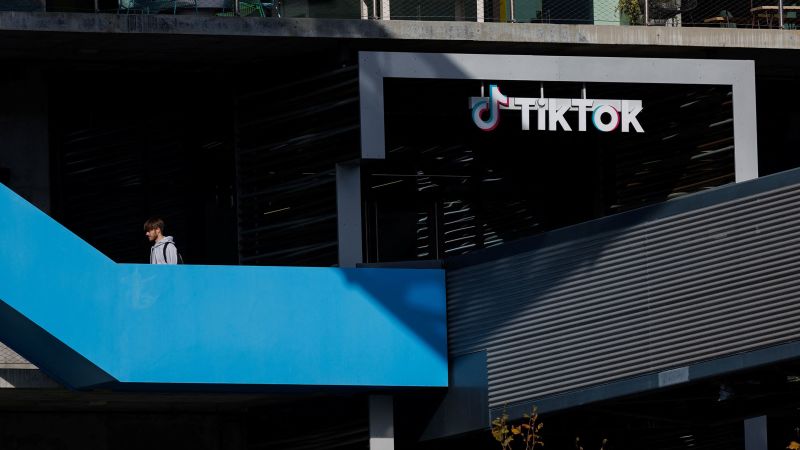
The European Union (EU) has launched an investigation into TikTok over concerns about addictive features in its new app, TikTok Lite. The EU regulators are threatening to fine TikTok and potentially suspend the rewards program on the app if it does not conduct a legally required risk assessment or provide necessary information to the commission.
TikTok Lite, which was launched in France and Spain earlier this month, allows users aged 18 years and older to earn points for watching videos, liking content, following creators, and inviting friends to join the app. These points can then be exchanged for rewards such as gift cards or Amazon vouchers.
The EU is investigating whether TikTok has broken rules relating to the protection of minors, advertising transparency, and the risk management of addictive design and harmful content. The commission gave TikTok a deadline to submit a risk assessment report for TikTok Lite or face fines.
The EU's investigation is not the first time TikTok has faced scrutiny over its practices. In February, the EU announced it was investigating whether TikTok had broken rules relating to the protection of minors, advertising transparency, and the risk management of addictive design and harmful content.
Under Europe's Digital Services Act (DSA), companies with more than 45 million average active users in the EU are required to comply with stringent rules to fight illegal and harmful content on their platforms. The commission has stated that online platforms have the responsibility to assess and address any potential risks their users may face.
TikTok, which is owned by Chinese company ByteDance, faces additional scrutiny due to concerns over its links to China and data collection practices. In the United States, lawmakers are pushing for a bill that would force ByteDance to sell TikTok or be banned from operating in the country.
The investigation into TikTok's rewards program comes as concerns grow about the potential harms of social media on mental health, particularly for children. The World Health Organization (WHO) has identified gaming disorder as a condition that warrants further study and classification as a mental disorder.
TikTok did not respond to requests for comment from CNBC when contacted on Monday.


